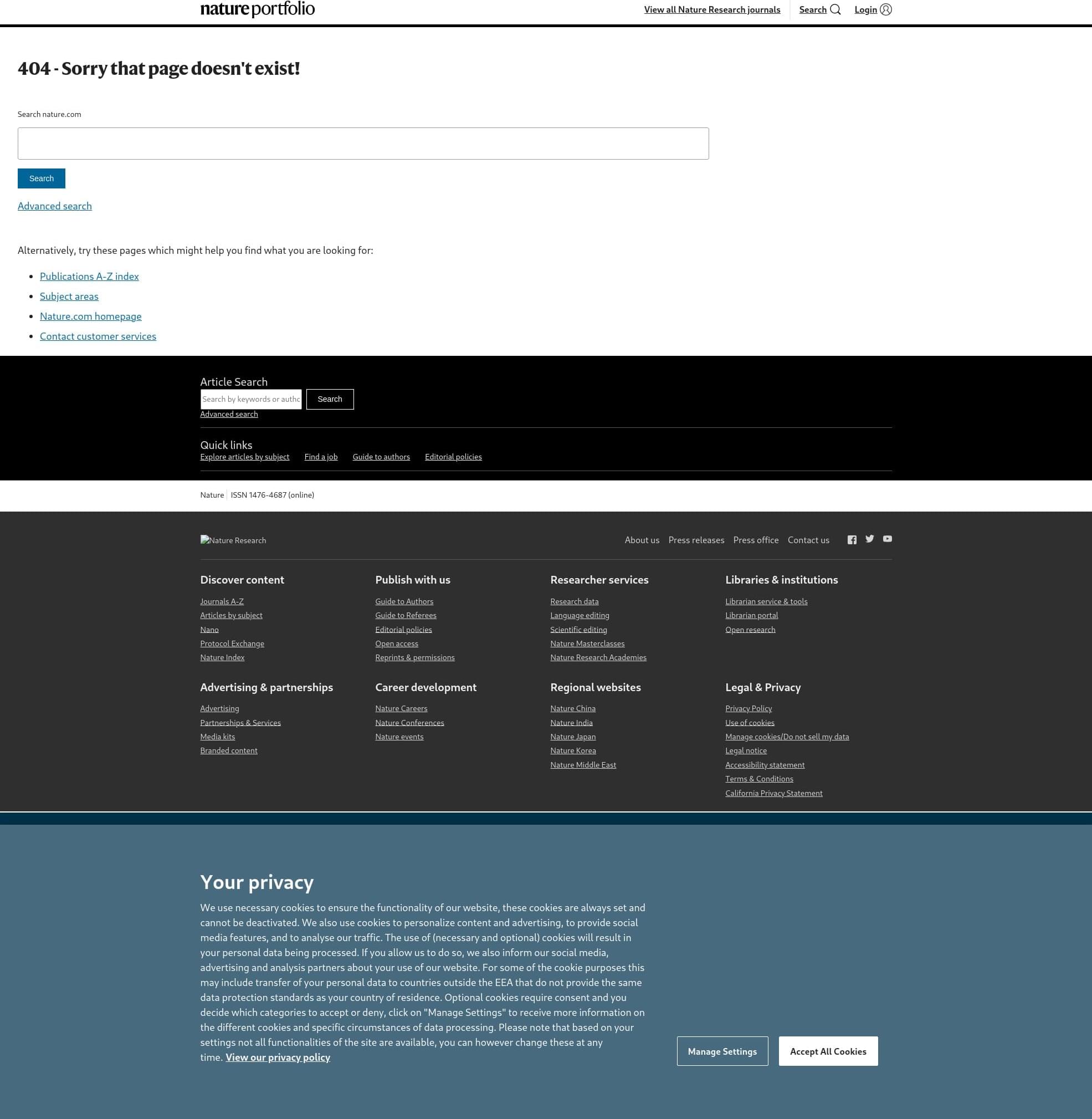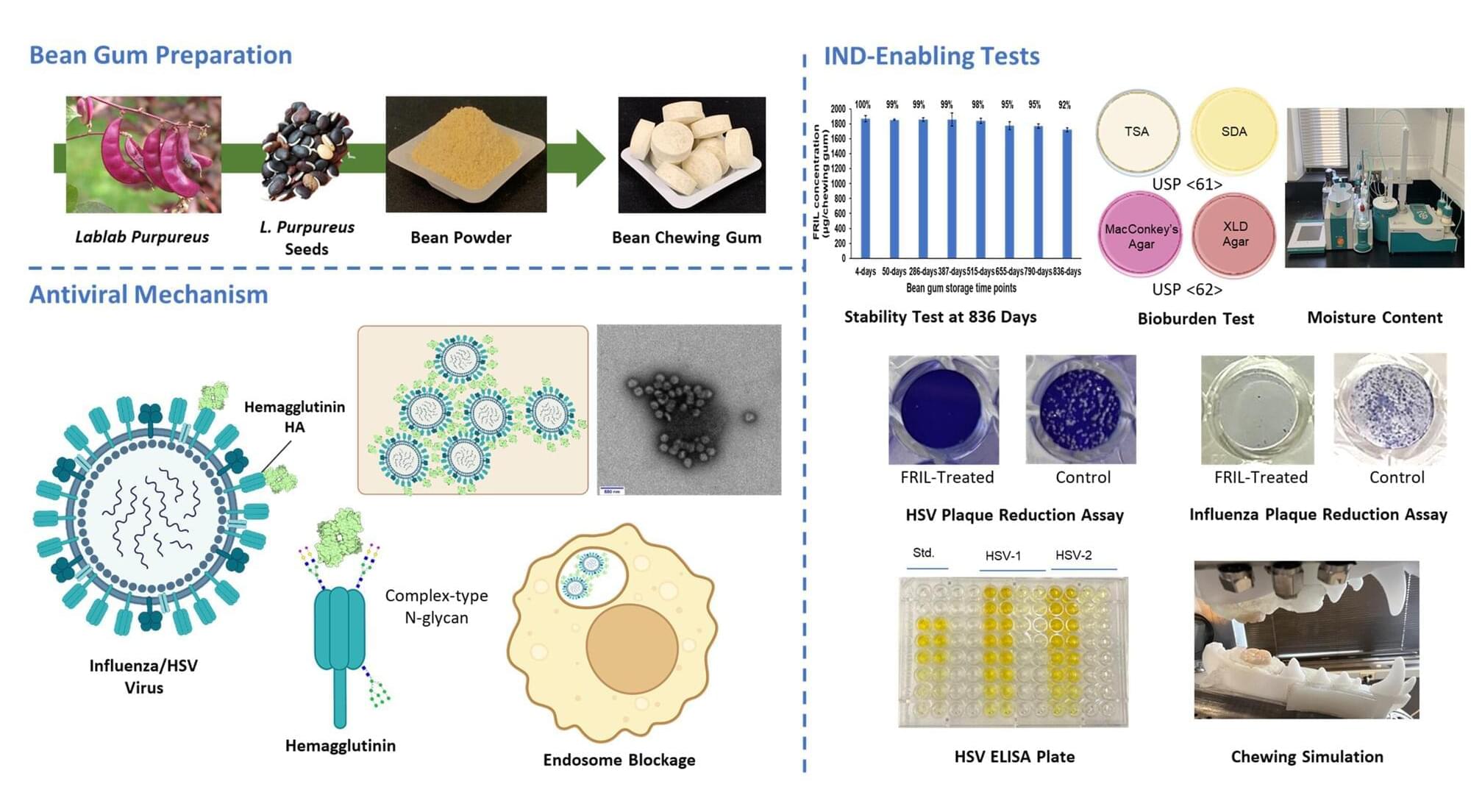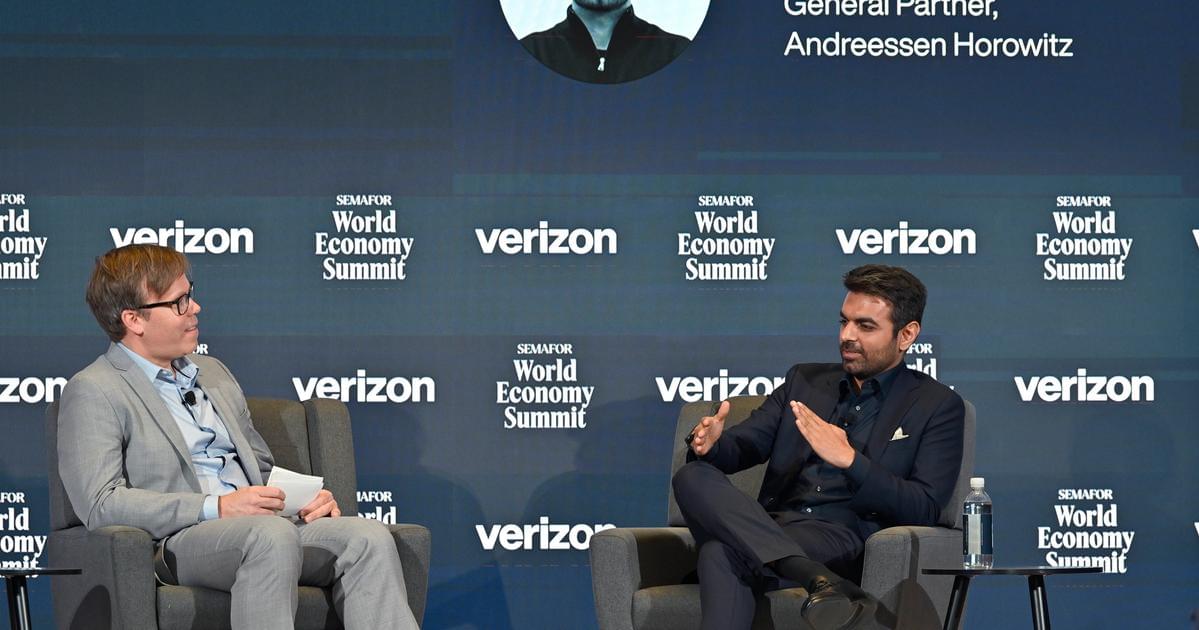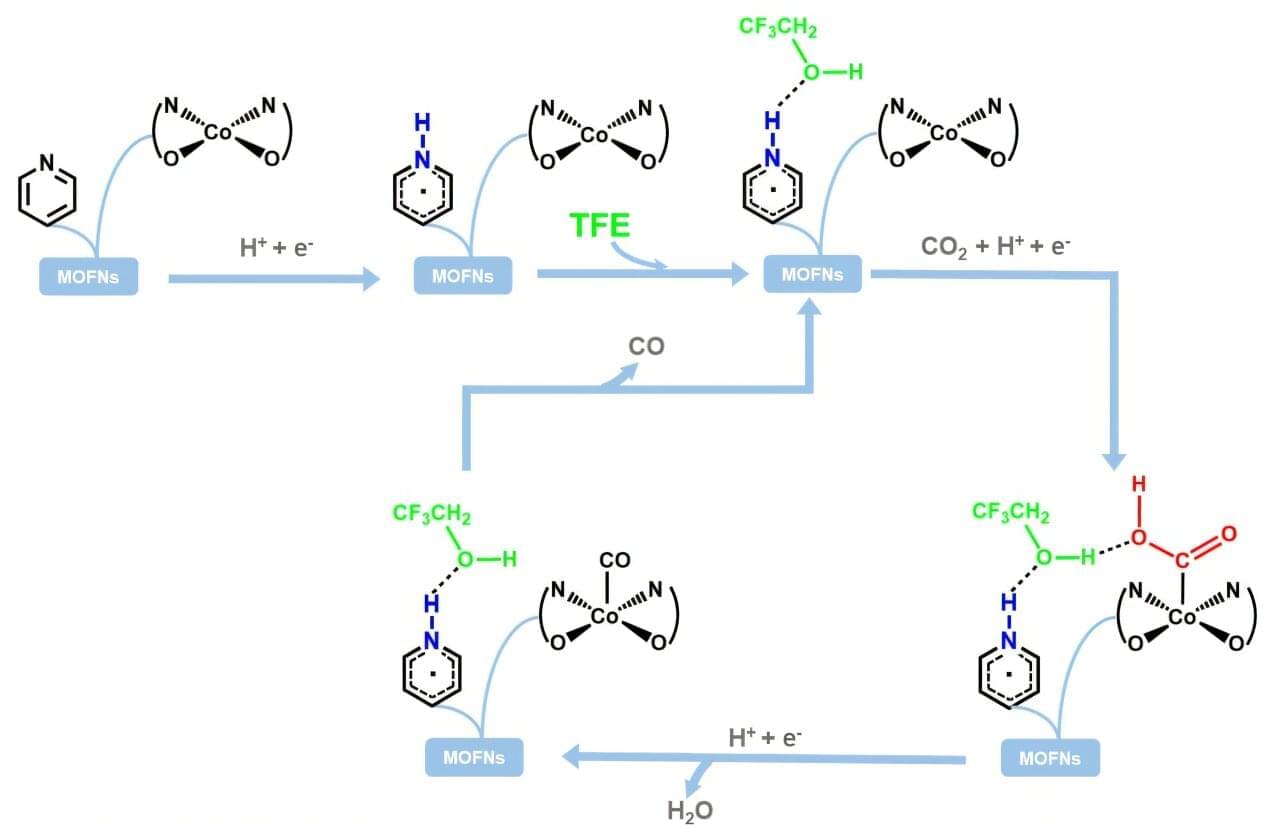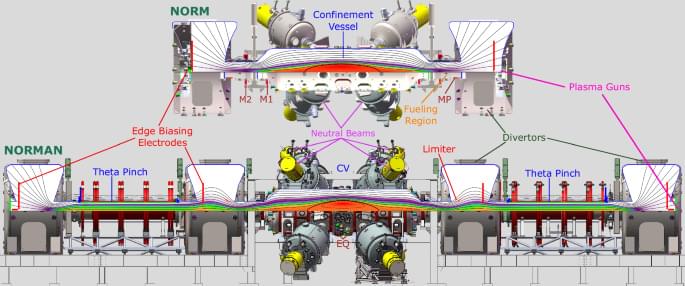We use cookies to make sure that our website works properly, as well as some optional cookies to personalise content and advertising, provide social media features and analyse how people use our site. By accepting some or all optional cookies you give consent to the processing of your personal data, including transfer to third parties, some in countries outside of the European Economic Area that do not offer the same data protection standards as the country where you live. You can decide which optional cookies to accept by clicking on “Manage preferences”, where you can also find more information about how your personal data is processed. Further information can be found in our privacy policy.
